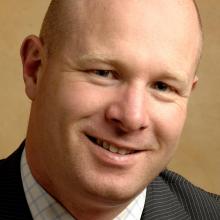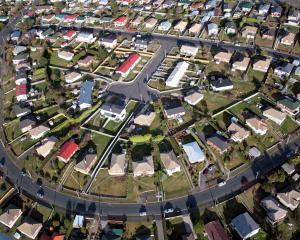
Other than expounding my views on all types of tax matters, my other passion is promoting and supporting early stage businesses in Dunedin, Scott Mason writes.
This took me and a select few of the Start Up Dunedin Trust team and three start-up businesses, attending the Tech In Asia conference in Singapore last month. It was an opportunity to make connections, and experience what the start-up scene in Asia is like - ideally, to steal the best bits.
Over two days, we talked to more than 250 start-up businesses and heard many wonderful speakers share their experiences selflessly. We also took the opportunity to further explore in detail the Singaporean start-up ecosystem, including visiting several co-working spaces, both private and Government funded.
Three of the key take-aways for me was the outlook of the start-ups we talked to, access to capital challenges, and the difference between quantity and quality.
The vast majority of the start-ups we talked to were very focused on one market, be it Singapore, Malaysia, or similar. Many were carbon copies of existing ideas, merely tailored to a particular market. I get that these are comparatively larger and geographically compressed markets; but when I compare this to Dunedin start-ups, our view is essentially global from day one.
This is a function of necessity, with Dunedin/New Zealand being a small market, a long way away from anywhere. It also means that we have a bias towards addressing world "problems''/needs, and a focus on practically eliminating the tyranny of distance. I believe this is, in some ways, a competitive advantage as our start-ups begin to compete on the world stage. It also drives more creativity on average, as necessity is the mother of innovation.
There is no doubt that the greater infrastructure, mostly Government driven, in Singapore creates the opportunity for many more people, in absolute terms, to become involved as early stage entrepreneurs. There are tower blocks of free or subsidised co-working spaces. One could assume a direct correlation between this input and the proportional output of successful start-ups, but that was not what I saw.
Perhaps the challenges of a smaller market with less support in New Zealand forces earlier go/no-go decisions, so that the start-ups here are, on average, of a higher quality in terms of business fundamentals around market validation, scalability and commercial drivers. In conversations with start-ups there, there seemed a disproportionate number of "light and fluffys'' which would simply be weeded out in our resource constrained environment. This is not to say our ecosystem is properly resourced.
Finally, the biggest difference between here and there is simply access to capital. New Zealand is generally capital constrained, but our start-ups feel it worse than most sectors. Our early stage funding sector is underdeveloped and underperforming in terms of its contribution to the start-up eco-system. This may not be from want of trying, but is what it is. In Singapore, if you started a conversation with "I have an idea'', a Government supported VC fund was practically begging you to take their money. I do not think that is healthy, either, as it prolongs the "fail fast'' concept, but there is a mid-ground.
This is the challenge that we as a city must address if we want to become the Tech City of New Zealand, and retain our successful entrepreneurs and the jobs they create. We need to invest in building relationships with, and pathways to, overseas funders, be they early stage VC, PE or similar. We have to make it worthwhile for them to come to Dunedin to experience what we have to offer.
We have the quality, we need a little more quantity, but we also need to make it easy for them. This will take co-ordination and cohesion across our various key stakeholder groups, but it is doable. Watch this space.
Scott Mason is the managing partner of tax advisory at Crowe Horwath.








